So I have ran into huge problem. So the problem is following, when I compile my C# project, that contains a function to connect to a MySQL server, my string for connection is visible when decompiling my project with ILSpy.
My function goes like this
void ConnectToDatabase()
{
string myConnectionString;
myConnectionString = "Server=sql7.freemysqlhosting.net;UID==**********;Pwd==**********;Database=**********;";
try
{
conn = new MySql.Data.MySqlClient.MySqlConnection(myConnectionString);
secondconn = new MySql.Data.MySqlClient.MySqlConnection(myConnectionString);
secondconn.Open();
secondconn.ChangeDatabase("information_schema");
conn.Open();
ConnectionEstablished(true);
}
Is there any work around for this? Even if I went trough server side connection to check things for MySQL, how could I connect without spitting out my info.
Thanks.
